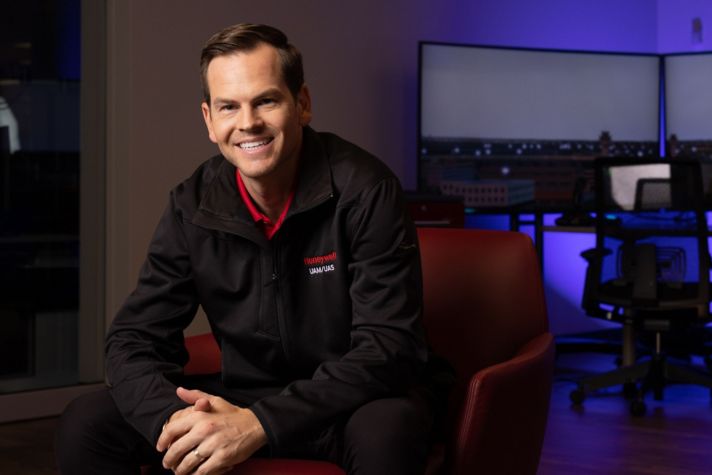-
 Global
Global-
Africa
-
Asia Pacific
-
Europe
-
Latin America
-
Middle East
-
North America
- |
- BUSINESSES
- |
- Contact
- |
-
 Global
Global-
Africa
-
Asia Pacific
-
Europe
-
Latin America
-
Middle East
-
North America
- |
- BUSINESSES
- |
- Contact
- |
You are browsing the product catalog for
- News
- The C-Suite Predicts The Future of 4 Industries
The C-Suite Predicts The Future of 4 Industries
Here’s how data and technology will shape the future
October 20, 2020
Industries will be transformed by data, according to executives.
Consumers will be more empowered than ever based on the information at their fingertips, and as a result, companies will need to prioritize customer service.
Our executives interviewed key industry leaders about these trends and here’s what they had to say.
Air Travel
In the short-term, keeping air travelers safe during the pandemic is the priority.
Major changes for travelers are now commonplace, including social distancing markers in boarding lines and waiting areas to mask mandates on planes.
United Airlines is piloting pre-departure COVID-19 testing for certain flights.
Longer-term, efficiencies in operations will drive the future -- from predictive maintenance to electric aircraft. “The world is going to come back and get on airplanes, and when they do we want those airplanes to be even better than the ones they're operating today,” said Honeywell Aerospace President Mike Madsen.
Customer service will also drive the future of the industry. United Airlines Chief Operating Officer Jon Roitman predicts that 5 years from now, “United is going to be … the largest best global carrier in the world with truly engaged … motivated and caring employees that put the customer at the center of everything we do.”
Health Care
The health care industry rapidly pivoted to telemedicine during the COVID-19 pandemic, said Brian Tyler, the CEO of McKesson Corporation, the largest pharmaceutical distributor in the US and in Western Europe. About a third of North America's pharmaceutical products flow through its facilities every single day.
That trend will continue as will technology and data revolutionize the industry, he said. Those changes will cause customers to demand a better experience. “They're just going to really want a more contemporary consumer experience,” Brian said, adding in the next five years the big challenge will be to rewire an industry that has not always been customer or patient centric.
Buildings
Technology will allow building owners and operators collect data that empowers them to make decisions such as conserving energy.
Consider the Sydney Opera House.
The iconic Australian structure successfully reduced its water usage by 30 percent from its baseline, according to Louise Herron, CEO of the Sydney Opera House. That savings is equivalent to about 10 Olympic-size swimming pools per year, she said.
To achieve that goal, they put water meters on a lot of equipment. “We can spot a water leak immediately,” she said.
Meanwhile, the combination of Information Technology and Operational Technology Data will give enterprises an entire view of their operation.
Oil & Gas
Automation and digitalization will play key roles in allowing Shell to thrive during the energy transition, said Shell executive Bert Natalicchio.
Shell automates manual tasks and organizes insights to improve business decisions.
The value of a virtual environment helps end users collaborate to implement and test solutions around the clock, said Rajeev Gautam, president of Honeywell Performance Materials and Technologies.
Software that allows Shell to operate remotely helps predict maintenance and problem-solve in real-time. “The implications of catching these issues early are enormous,” Bert said.
For example, preventing a compressor failure can be worth millions of dollars in cost savings to Shell, he said.
Copyright © 2024 Honeywell International Inc.




